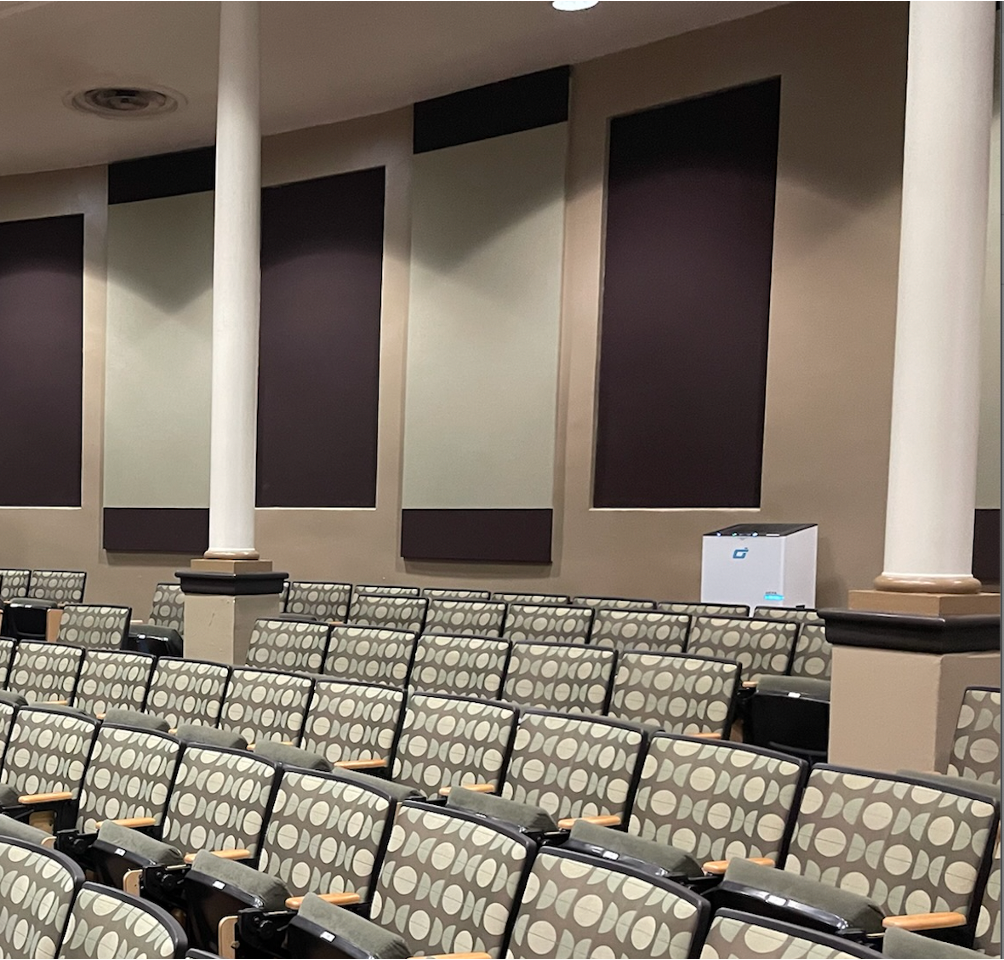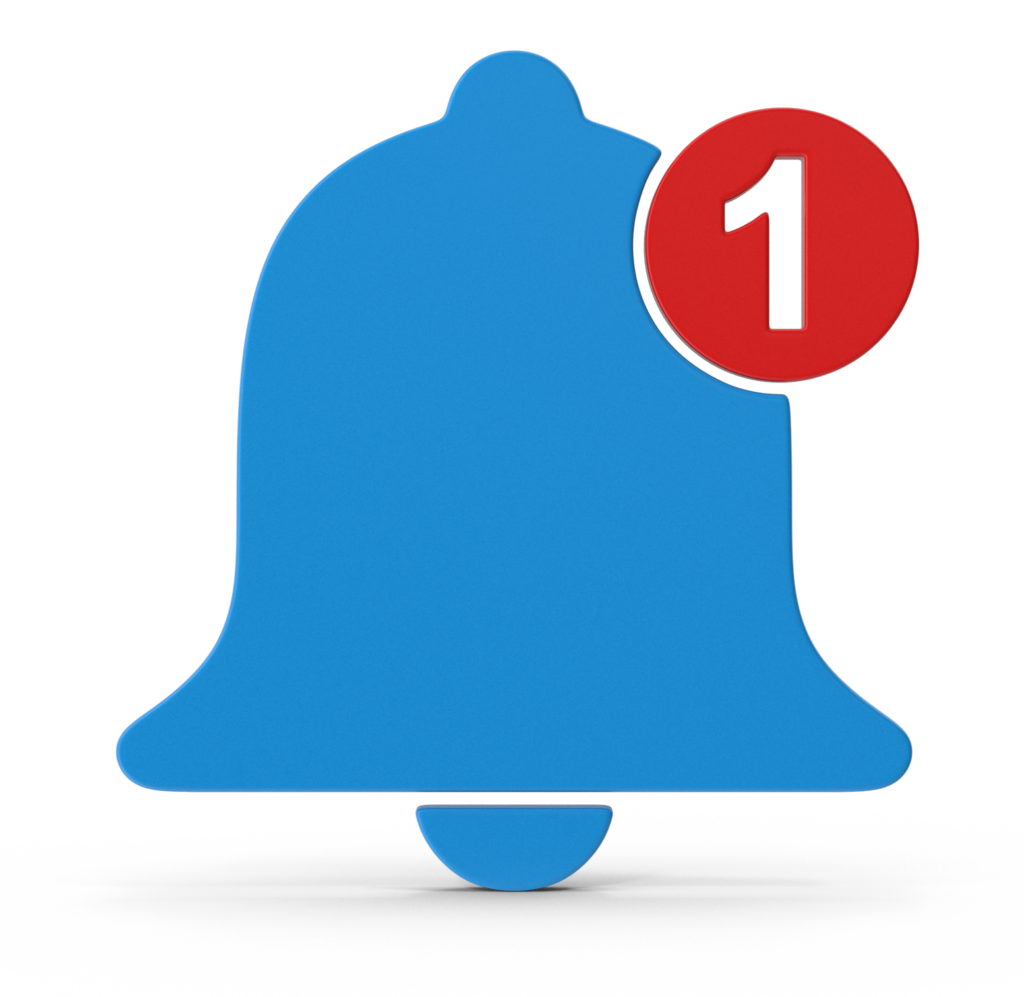
Case Study: LSU
Under-ventilated spaces allow infected droplets and particles to remain airborne and accumulate over an extended period, leading to a higher risk of virus transmission.
Air Changes per Hour refers to the number of times a filtration system introduces new, clean air into its environment. The American Industrial Hygiene Association (AIHA) recommends six air changes per hour, creating a 90% risk reduction for airborne transmission of disease.

Overview
When the pandemic hit, Louisiana State University (LSU) faced the same challenge so many educational institutions across the country were forced to address: how to safely bring students, faculty, and staff back to campus – fast.
The university put in place mask mandates and social distancing guidelines for return to campus, but the airborne particle transmission of COVID requires additional precautions to protect people. Before allowing the university community to return to in-person instruction, the university’s administration made the decision to require that all high utilization spaces across campus achieve a minimum standard for ventilation.
Additional Challenges:
- Old campus buildings were not candidates for an HVAC overhaul, especially within the required timeline and budget.
- COVID was a polarizing topic on campus, with dissenting opinions on masking and vaccines.
Louisiana State University deployed more than 550 portable air filtration devices across campus in less than 12 weeks, allowing students and faculty to safely return to in-person instruction for the 2021–2022 school year.
Approach
Data-based Results Were Critical. LSU chose to prove portable air purification efficacy prior to selection. The university assembled a cross-departmental evaluation team with members of the school’s EH&S team, Facility Services’ HVAC Director and Engineer, the Director of Facility Operations, and a group from the university’s registrar’s office. Together, they decided to put 15 portable air purifiers to the test in real world campus settings to ensure a smart and effective investment.
Practical, Fast, & Quiet
In addition to hitting CFM (Cubic Feet per Minute) requirements for performance, the team required a solution that would provide minimal disruption to instruction, low maintenance, and fast installation.
After comparing specifications for CFM, the evaluation team tested each unit in a large auditorium using a decibel meter to gauge which solution would be least intrusive to in-person learning.
Decision
Following evaluation, the LSU task force decided to deploy Omni CleanAir portable air purification systems across campus.

Results
- 580 machines deployed to 513 rooms across 68 buildings, in less than 12 weeks
- Desired CFM level achieved and AIHA standards met
- Students and staff returned to in-person learning with an added layer of protection against COVID-19
- Omni CleanAir created an Indoor Air Quality plan for optimal deployment to keep students and staff safe
- Quiet machines with decibel rating at 45 – 60dB (normal conversation is 68dB)
Conclusion
Omni CleanAir’s portable air purifiers complemented LSU’s mask-wearing and physical distancing practices. The installation also proved that, with the right preventative measures, schools and other organizations can successfully return to in-person activities.
Omni CleanAir’s installation allowed students to return to their classrooms and enjoy a more satisfying and productive college life while also providing a practical and cost-effective way for LSU to increase campus safety.
